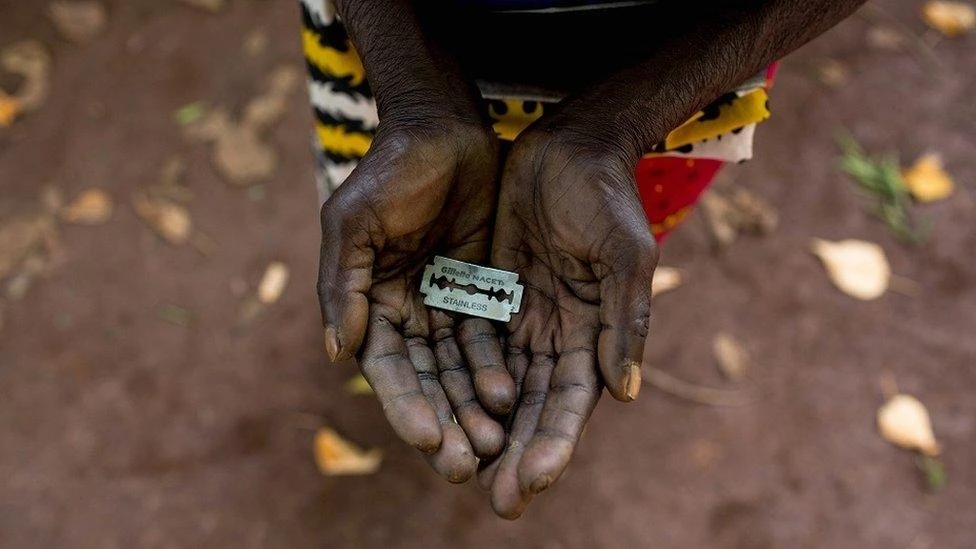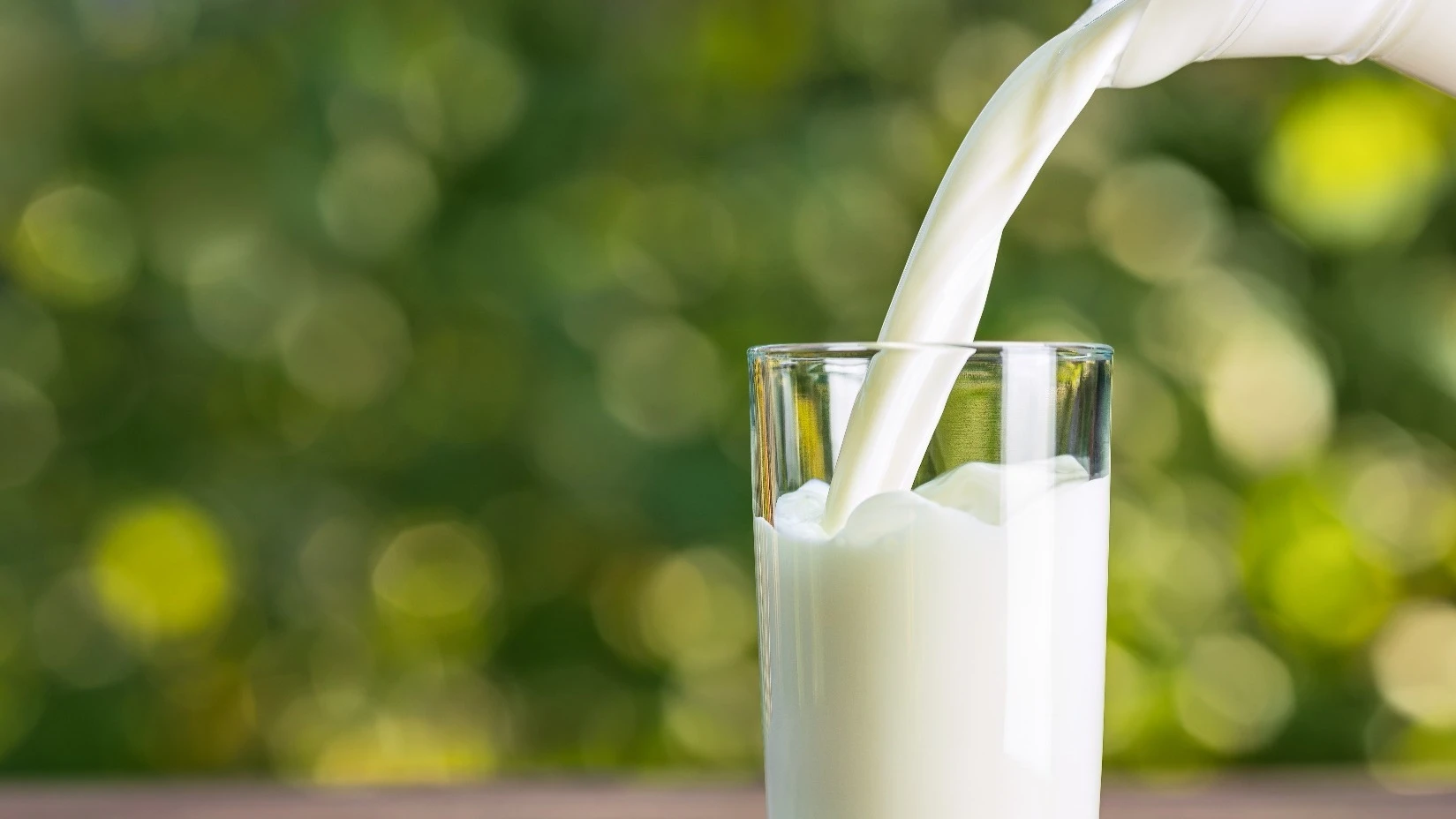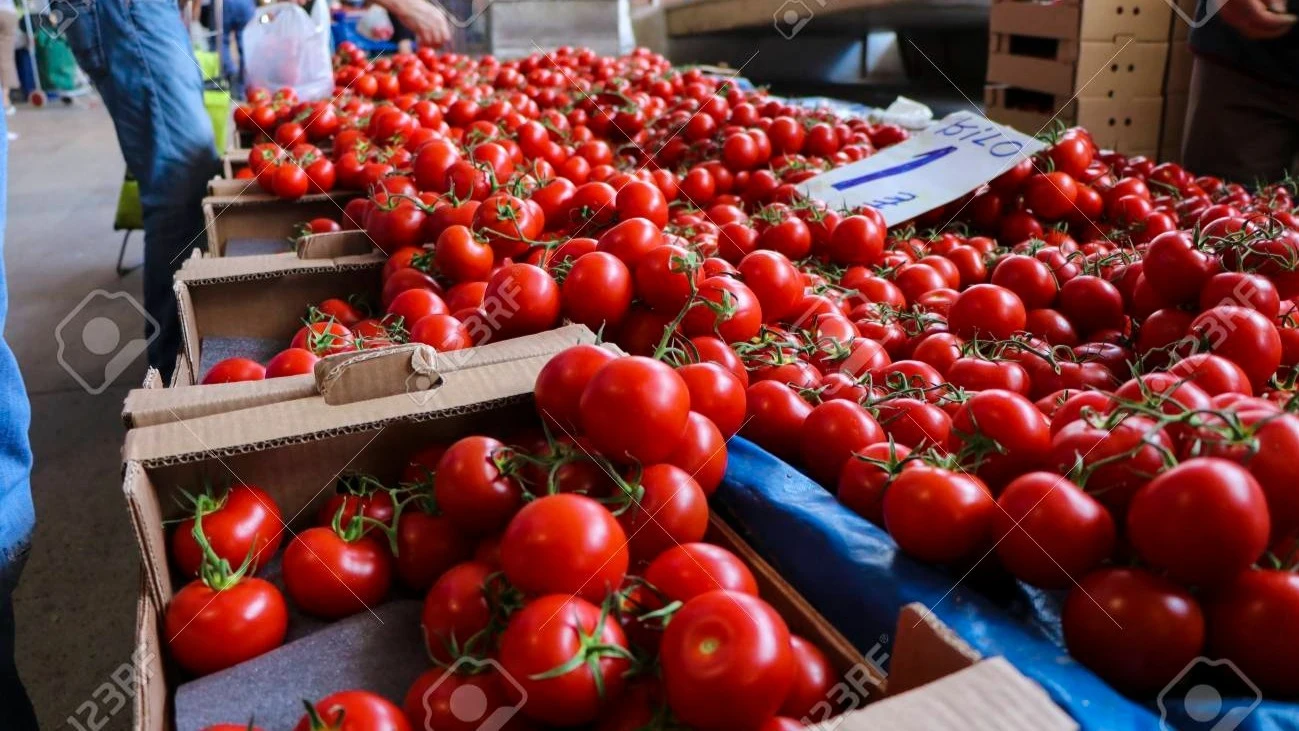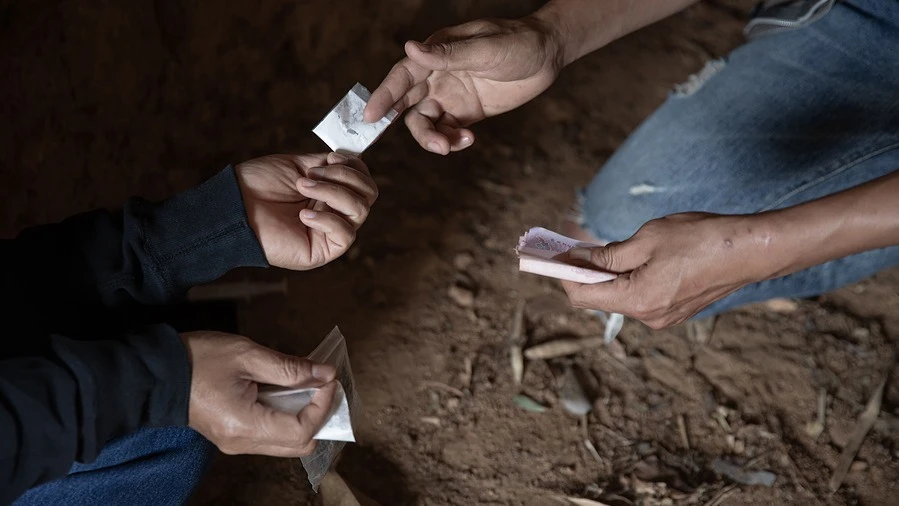From waste to wealth: Dodoma bottle collectors cash in as they cleanup streets
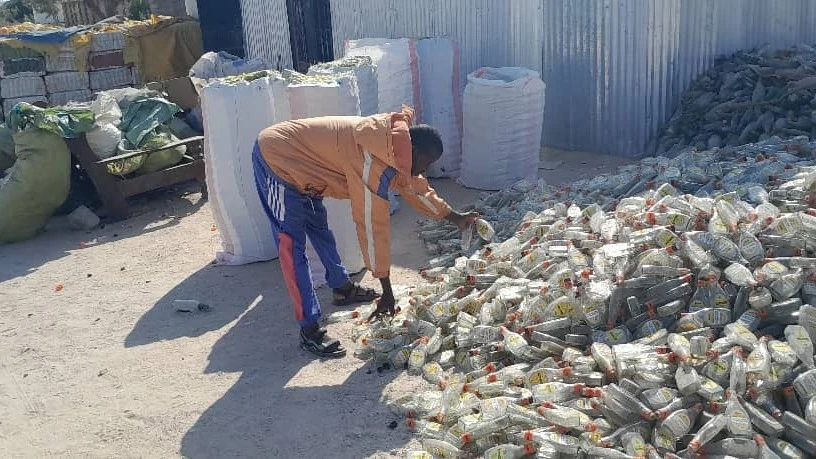
IN the chilly early hours of Dodoma’s Nkuhungu ward, on Ndachi Street, Haji Katoto, a father of four, begins his daily mission under the rising sun. Battling the wind and dust, he scours the streets for discarded glass bottles, collecting empty high-end liquor brands like K-Vant and Hennessy. His determination to provide for his family is unwavering despite his hardships. For Katoto, turning trash into cash is more than just a job—it’s a lifeline for survival.
“I collect bottles from brands such as Serengeti, Heineken, Windhoek, Flying Fish, and Kilimanjaro,” Katoto says, his voice filled with determination. “I also sell large and small wine bottles—750ml and 330ml, of any design people need.”
His day begins with rounds at bars and entertainment spots, where he picks up bottles with the help of his network of agents. He buys a mixed batch of bottles for Sh5,000, then meticulously sorts them by type and brand.
“The liquor companies find it expensive to keep producing new glass bottles,” Katoto explains. “When you bring used bottles, they only need to clean them, replace the corks, and apply fresh labels, making them ready for reuse.”
A lifeline amidst struggles
Despite challenges like delayed payments from wholesalers, Katoto continues to provide for his family. “I buy a mixed bag for 5,000/-,” he explains. “But once I’ve sorted them, I can sell the bottles for 36,000/-, especially dompo bottles, which come in bags of 333. Windhoek bottles fetch a different price.”
Katoto, who has been in the business for ten years, says it’s a way to make ends meet. “I don’t pay rent for the space I use to store my bottles; it’s just a spot a friend lent me. The guard is paid by the property owner, so I don’t worry about security.”
His journey is a testament to the resilience and creativity of those engaged in non-traditional employment. “When I’ve collected enough bottles, wholesalers usually send a truck to pick them up. Sometimes, they take the bottles on credit, but when things go well, I’m paid in cash,” Katoto adds.
Economic potential and environmental impact
Katoto’s work isn’t just about making a living; it also contributes to reducing hazardous waste. Glass bottles, long considered worthless in urban areas, are more challenging to recycle than plastic ones. Environmentalists have raised concerns over the dangers of improperly disposed glass bottles, but Katoto is helping to address that problem.
The National Environment Management Council (NEMC) acknowledges the importance of such grassroots initiatives. “People like Katoto play a crucial role in managing waste in our cities,” says an NEMC representative. “Glass bottles are difficult to recycle, but by collecting and reusing them, individuals like him are not only cleaning the environment but also creating economic opportunities.”
In a country grappling with rising unemployment, many young people are finding innovative ways to make a living. Katoto’s commitment to his work, despite societal perceptions, is a symbol of the drive to stay productive and avoid the pitfalls of crime or drug addiction, which often lead to prison.
Katoto believes the government should support small entrepreneurs like him. “If the government provided interest-free loans, we could grow our businesses,” he says. “Since we’re helping reduce hazardous waste, NEMC should consider offering us grants to expand our work.”
A growing movement
Katoto’s work is part of a broader movement. In Arusha’s Sakina Azimio neighborhood, a group of young people is working to reduce glass bottle waste while also creating a source of income. Among them are Gerald Josephat, who holds a degree in Industrial Relations from the Institute of Social Work; Mafita Jordan, a graduate in Public Procurement from the Arusha Institute of Accountancy; Erick Matemu, an artist and designer; and Alfred Simon, a tour guide. These young entrepreneurs have found a way to repurpose discarded glass bottles into something valuable.
While plastic bottle recycling is common, glass bottle collection is relatively rare. Most glass bottles are discarded after use, their value seemingly gone. But the Visionary Youth Network, as this group calls itself, sees glass bottles differently. To them, wine, whiskey, Konyagi, and champagne bottles aren’t just waste—they are materials for creating beautiful decorations for homes, offices, hotels, and entertainment venues.
“We’ve given these bottles a second life by transforming them into decorative pieces,” says Josephat. “At the same time, we’re helping preserve the environment, aligning with the United Nations' climate goals.”
Josephat’s idea to decorate glass bottles came from his volunteer work with Raleigh Tanzania, an NGO based in Morogoro. As part of the organization’s ‘Home Action’ program, participants had to create a project outside the organization to earn a certificate.
“We collect bottles from bars and hotels where they would otherwise be thrown away,” explains Josephat. “Sometimes, we get help from hotel staff who collect a few bottles and bring them to us. Otherwise, we buy them from bottle collectors.”
Turning waste into art
Creating a decorated bottle takes approximately two hours, from the initial preparation to the final design application. Unlike traditional artists who paint by hand, Josephat and his team use Adobe design software to craft floral patterns and messages, which they print as stickers and adhere to the bottles. This digital approach not only accelerates the process but also ensures consistency and precision in their designs.
The time required to complete a bottle varies depending on the complexity of the design. “More intricate, colorful designs take longer,” says Josephat. For example, bottles with detailed, multi-colored patterns may require up to four hours, while simpler designs are finished much faster. This flexibility allows them to cater to different customer preferences, offering both simple and ornate styles.
A finished decorative bottle is sold at prices ranging from 10,000/- to 15,000/-, depending on the design and the occasion. “We also create custom designs for special events like weddings and send-offs,” adds Josephat. “Last Christmas, we sold a product called the ‘Christmas Bottle’ across the country, including in Dar es Salaam, and it was quite popular.”
Although the market for their products is still small, Josephat is optimistic about its growth. Since launching in June 2021, the team has sold over 30 orders and is now looking to tap into the tourism sector, with Arusha as a key opportunity for expansion. "On a good day, we can produce up to 12 bottles," says Josephat, noting that production is demand-driven and adaptable.
Despite challenges, these young entrepreneurs are transforming waste into valuable products, addressing both environmental concerns and unemployment in Tanzania. Josephat calls on stakeholders, especially in tourism and government, to support their initiative. A 2013 study by Joshua Palfreman found that Tanzania generates over 50,000 tonnes of glass waste monthly, 90 percent of which is recycled by large manufacturers like Kioo Ltd.
Minister Ridhiwani Kikwete has emphasized the government's commitment to creating more jobs, particularly in the informal sector, recognizing the crucial role of workers like glass collectors in the economy.
Josephat and the Visionary Youth Network are leading the charge in transforming waste into valuable resources. By converting discarded glass into decorative items, they are setting an example of how waste can be repurposed into assets that not only protect the environment but also empower local communities.
With adequate support from the government and private sector, they could scale their initiative and potentially impact the broader economy by creating new opportunities in green entrepreneurship. Josephat envisions expanding the project to include glass workshops for unemployed youth, where they can learn to recycle and innovate, ultimately contributing to both environmental sustainability and youth empowerment.
Top Headlines
© 2025 IPPMEDIA.COM. ALL RIGHTS RESERVED













